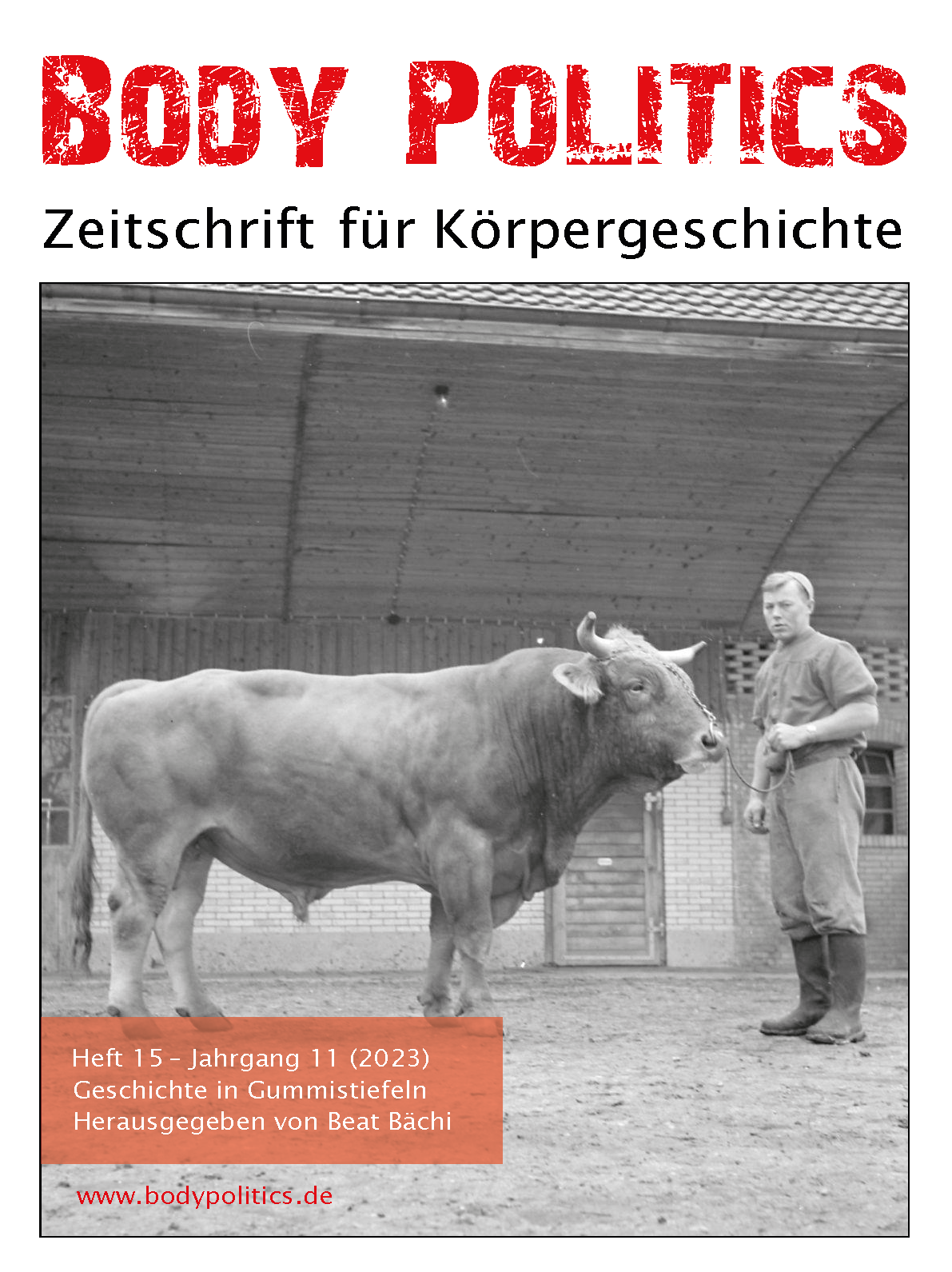Von glotzäugigen Karpfen und taumelkranken Forellen
Die Frühphase der deutschen Aquakultur zwischen rationeller Fischzucht und Fischkrankheiten (1890-1930)
DOI:
https://doi.org/10.12685/bp.v11i15.1554Abstract
English abstract: Research in river and fisheries history has focused on the development of “scientific aquaculture” as an intellectual and global phenomenon. Historians examined how progressive “fish culturists” introduced artificial breeding of trout and carp as a scientific method that expanded across continents and inland waters at the end of the nineteenth century. However, little is known about what the development of a modern science of aquaculture actually meant for practices of fish farming. This article delves into the beginnings of German aquaculture around 1900 and sheds light on specific fish hatcheries to examine how the bodies of fish interacted with the socio-technical conditions in their artificial habitats. To demonstrate these entanglements between humans, technologies, animals and the environment, the paper integrates approaches from environmental history with perspectives from multispecies studies. In this way, the unanticipated complications of fish farming practices come to the fore – such as predators and fish diseases, which repeatedly imposed limits on efforts of a rationally fish breeding. In so doing, the article reveals the great gap of fish farming in ponds between early German aquaculture and claims of “scientific aquaculture”.
Downloads
Veröffentlicht
Ausgabe
Rubrik
Lizenz

Dieses Werk steht unter einer Creative Commons Namensnennung - Nicht-kommerziell - Keine Bearbeitung 3.0 International -Lizenz.


